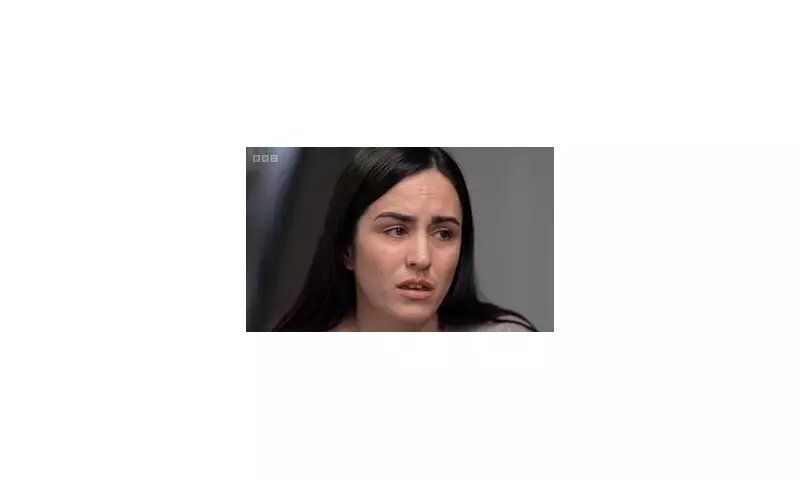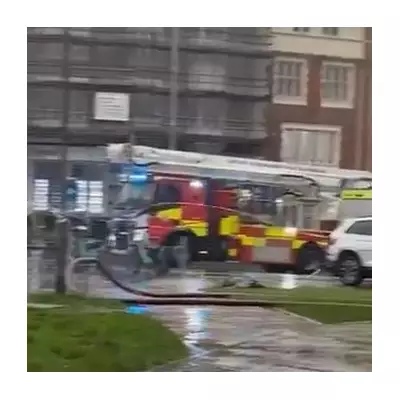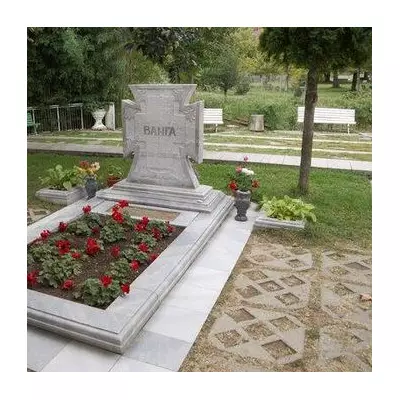
A dedicated teacher, who suffered serious injuries during the horrific knife attacks in Southport, is now facing a profound social isolation as the very community she served has shunned her, a poignant safeguarding inquiry heard this week.
The educator, whose identity remains protected, had painstakingly built a new life in the town following a personal tragedy. Her world was shattered for a second time on that fateful day in July, first by the violence itself and then by the chilling reaction from some local residents.
The inquiry was told a devastating truth: rather than offering support, some parents and community members began to fear that the teacher's own trauma and presence could somehow be a 'trigger' for their children. This has led to her being ostracised and excluded from community life, compounding the immense psychological distress caused by the attack.
This case has raised alarming questions about the community's response to victims of trauma and the complex, often misunderstood, process of healing. The teacher's experience highlights a cruel paradox where a victim is wrongly perceived as a potential source of harm.
The independent inquiry, led by former Cheshire Chief Constable Julie Cooke, is scrutinising the events leading up to the attack and the subsequent response from authorities and the community. This testimony forms a critical part of understanding the full, lasting impact of such tragedies on survivors.
It underscores a critical need for greater public education on trauma and mental health, ensuring that victims receive the compassion and support they need, not further alienation.





